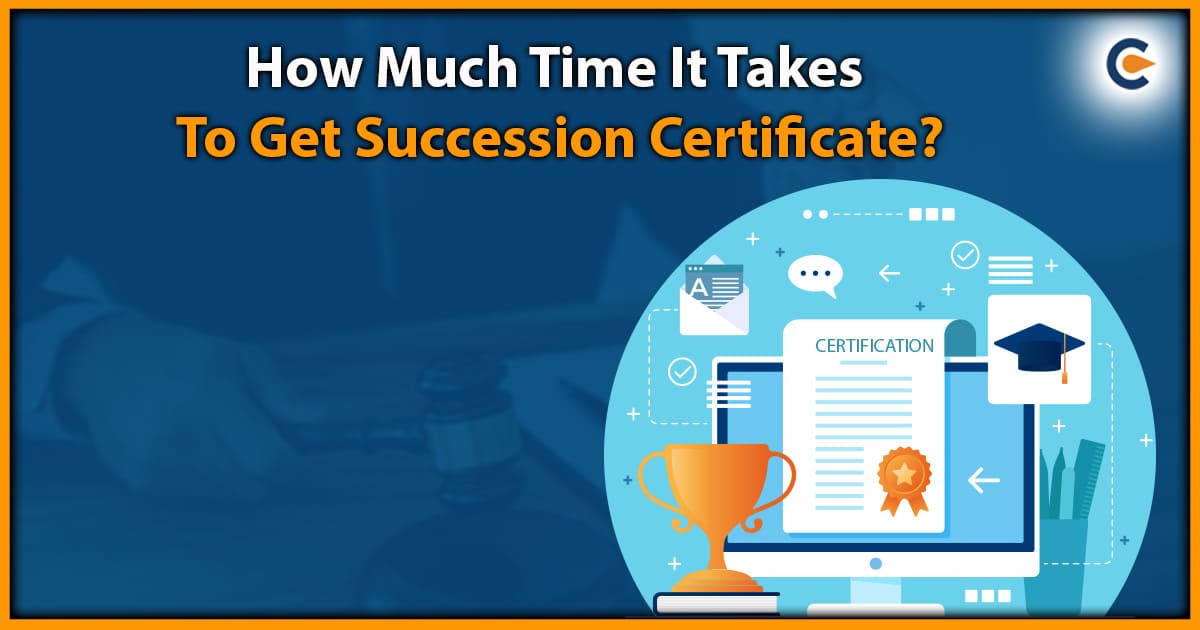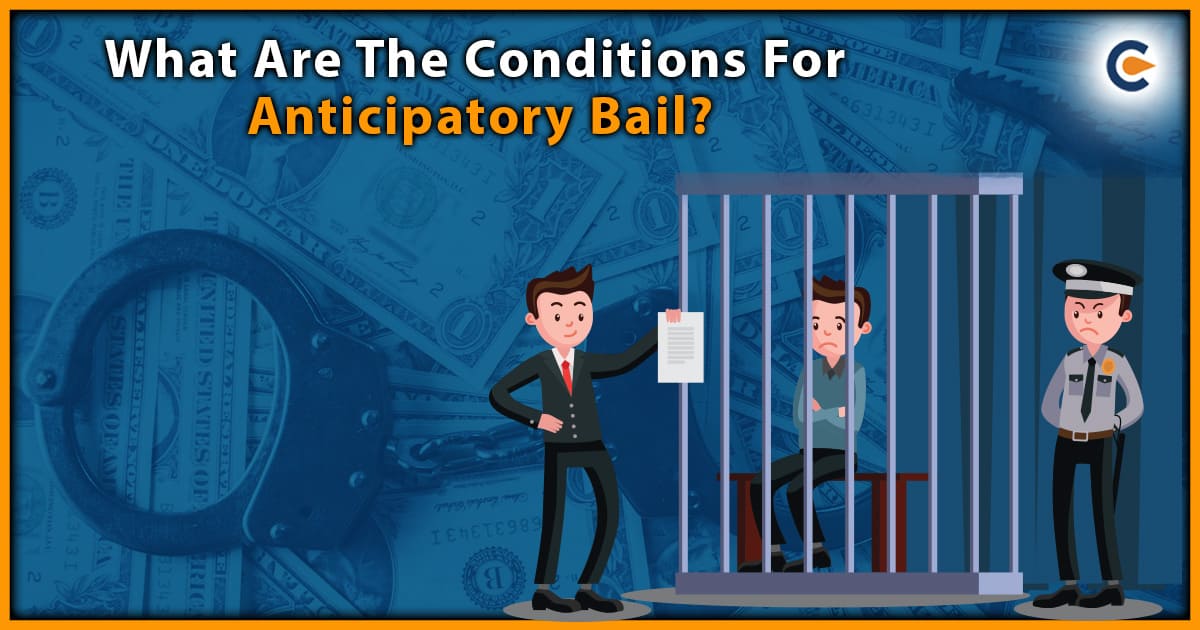A succession certificate is a legal document that a court of competent jurisdiction issues to allow the lawful heirs of a deceased person to inherit their inheritance. It is an essential document that identifies the legitimate heirs of the deceased individual and makes it possible for them to collect their inheritance. Obtaining a succession certificate requires completing a number of legal formalities and processes, which can be complicated and time-consuming. To prove their claim, the legal heirs must submit a petition to the court, including all required documentation, and go through a verification procedure. It is necessary to transfer ownership of the decedent’s property to the legitimate heirs, safeguarding them from any potential legal objections or conflicts. In this post, we’ll go into great depth on how to get a succession certificate, what affects how long it takes to get one, and how to speed things up.
What is succession certificate?
A succession certificate is a document that is handed to the legal heir or successor of a deceased individual who did not leave a will. It establishes the petitioner’s relationship to the dead.
It is a significant document that specifies the debts, securities, and assets of the deceased in the absence of a will. The succession certificate grants control over the deceased person’s assets, including a pension, mutual funds, and insurance, among others, to the certificate holder. The successor shall also get any debts or loans that must be repaid, in accordance with the Indian Succession Act, 1925.
Who may submit a Succession Certificate application?
The following people are eligible to apply for a succession certificate under the Indian Succession Act of 1925:
- The decedent’s legitimate heirs
- the executor of the dead person’s will, if there is one.
- If there is no will, the executor of the dead person’s estate
The deceased person’s spouse, children, parents, and siblings are considered to be his or her legal heirs. The executor of the will, if the decedent has one, is in charge of acquiring the succession certificate. The executor of the estate is in charge of acquiring the succession certificate if the decedent did not leave a will.
This certificate is issued by what authority?
A district court in the region where the dead individual lived issues a succession certificate. In the absence of such a location, the area where any deceased person’s property may be discovered.
Where a petition should be filed?
The petition for a succession certificate can be submitted before the district court whose jurisdiction[1] the deceased resided, according to section 371 of the Indian Succession Act. In the event that there is no established place of residence, the petition can be filed in the district court in the location where any of the dead property is discovered.
What is the application procedure?
The legal heir of the dead should file an affidavit with the district judge, petitioning their claim to the assets. The petition must include information such as:
- A duplicate of the death certificate
- Petitioners’ names, addresses, and occupations
- Certificate of no objection from the other lawful heirs
- The debts and securities for which the certificate is sought
How much time does it take to obtain a succession certificate?
The court typically grants succession certificates after a period of around 45 days or more. However, if complaints are received after the publication, the time frame may be extended. After receiving the succession certificate, the petitioner is authorised to divide the assets among the legitimate heirs in accordance with the succession regulations.
How to Get a Succession Certificate?
A succession certificate might take a lot of time and effort to get. The procedures for getting a succession certificate are as follows:
- Submitting the Petition: Submitting a petition to the appropriate court is the first step in getting a succession certificate. The petition should state the dead person’s name, contact information, and legal heirs, as well as the assets that need to be disbursed. Additional papers, such as a death certificate, family tree, and any other pertinent records, may be requested by the court.
- Publishing the Notice: To let the public know about the petition, the court will publish a notice once it is filed in a local newspaper. This notice is issued to provide any interested parties a chance to express their interest and assert any rights against the decedent’s property. A deadline by which any complaints must be filed will also be included in the notification.
- Hearing: Following the publication of the notice, the court will hear the petition and review any necessary papers and evidence. If necessary, the court may also request more information or documents. The succession certificate will be issued whenever the court is satisfied with all of the facts presented.
- Petition verification: Following publication of the notice, the court will review the petition and hold a hearing. To verify the authenticity of the petition and the accurate identification of the rightful heirs, the court will review the petition and any supporting documentation. If necessary, the court may also request more paperwork or information.
- Succession Certificate Granting: The court will provide the succession certificate to the legitimate heirs after validating the petition. The assets that must be dispersed as well as the percentages of each lawful successor will be included on the certificate. The legal heirs can distribute the assets in accordance with the nation’s succession rules once the succession certificate has been issued.
The Importance of a Succession Certificate
A succession certificate is a legal document that is necessary to divide a deceased person’s possessions. A succession certificate is necessary for the following reasons:
- Legal authorization: A succession certificate grants legal authorization to the deceased’s lawful heirs to collect and distribute the deceased’s assets. The legal heirs cannot access the deceased’s assets without a succession certificate, and any effort to divide the assets without legal permission may result in legal penalties.
- Prevents conflicts: A succession certificate helps to prevent conflicts among legal heirs over asset distribution. The document defines the shares of each legal heir, removing any doubt or arguments over asset distribution.
- Protection from Fraud: A succession certificate protects the lawful heirs from fraud or fraudulent claims regarding the deceased’s possessions. The certificate assures that only the legal heirs are entitled to the assets, and any effort by outsiders to claim the assets is subject to judicial dispute.
- makes financial transactions easier: A succession certificate facilitates financial transactions involving the deceased’s assets. It gives legal heirs access to bank accounts, the ability to sell property, and the ability to transfer assets into their names. The document also facilitates the transfer of assets to lawful heirs without delay or legal problems.
The following factors can affect how long it takes to get a succession certificate
A succession certificate can be obtained at a variety of times based on things like:
- Case Challenges: The case’s challenge can have a big influence on how long it takes to get a succession certificate. The procedure can go fairly quickly if the case is simple and all the legitimate heirs are identified and in agreement about the distribution of assets. The procedure, however, may take a lengthy time if the case is difficult and there are disagreements among the legal heirs.
- Jurisdiction: Depending on the court’s jurisdiction, the time limit required to receive a succession certificate may change. It’s possible that certain courts are more effective than others and handle applications more quickly.
- The Court’s Efficiency: The amount of time needed to receive a succession certificate depends on how quickly the court processes cases. The procedure may be delayed by the backlog of cases in some courts. However, certain courts could be quicker and more effective at handling cases.
- Document availability: The time it takes to get a succession certificate depends on the documents’ availability. The procedure can go smoothly if all the required paperwork is accessible and filed on time. However, delays in the procedure may result from missing paperwork or the need to have documents confirmed.
- Conflicts amongst Legal Heirs: The time it takes to get a succession certificate might be greatly impacted if there are disagreements among the legal heirs. In certain situations, the court might need to hold extra sessions, and the procedure might be drawn out.
- Public objections: If there are public objections, the procedure can take longer since the court might need to look into them to make sure they are valid.
- An additional factor is location. The length of time it takes to get a succession certificate might also depend on where the court is located. While courts in rural locations may have a backlog of cases, which can create delays, courts in big cities may be more effective and handle cases faster.
How to Speed Up the Process of Obtaining a Succession Certificate?
There are various steps you can take to accelerate the process of obtaining a succession certificate. A few instances are:
- Give all required documentation: Additionally, the petition filing procedure might be sped up by submitting all required paperwork to the court at that time. By doing this, it will be sure that the court has all the data it requires to handle the application.
- Make sure all relevant papers are in order: Before submitting the petition, make sure all necessary documents are in order, including the deceased person’s death certificate and evidence of a relationship between the petitioner and the deceased person. This can expedite and avoid delays in the verification process.
- Work with an experienced succession lawyer: Working with an experienced succession lawyer can speed up the process. A lawyer can help you navigate the procedure, make sure all relevant paperwork is in place, and represent you in court.
- Communicate with concerned parties: Working together with interested parties, such as the deceased’s creditors or other legal heirs, facilitates the procedure. The procedure might move more quickly if all parties are prepared to collaborate and settle any disagreements peacefully.
- Keep up with updates and follow up frequently: You can accelerate the process by keeping up with updates in your case and following up frequently with the court and your attorney. You can make sure that any concerns are dealt with right away and that the case is concluded as swiftly as feasible by remaining on top of the process.
- the proper jurisdiction: Selecting the proper jurisdiction might also expedite the procedure. Some courts may be more efficient than others, and selecting the appropriate court might help speed up the process.
- Promptly address public objections: It’s critical to address public objections as soon as possible. This will assist in preventing processing delays.
- Attend all court proceedings. Attending all proceedings might aid in accelerating the procedure. This will demonstrate to the court that the legal heirs are prepared to work with the court and are serious about getting the succession certificate.
Conclusion
Finally, getting a succession certificate in India might be a time-consuming and challenging process. Getting a succession certificate can take anywhere from 45 days to more than a year and requires a number of legal processes. Several variables, including the complicated nature of the case, the effectiveness of the court, the accessibility of documents, conflicts among the legal heirs, and the location of the court, might affect how long it takes to receive a succession certificate. It is also crucial to note that the process of acquiring a succession certificate might be complicated further by the different rules and regulations that apply in different Indian states. As a result, it is prudent to get legal counsel from a lawyer who is knowledgeable about the rules and regulations of the state where the succession certificate is sought.
Read our Article:Where To Apply For Succession Certificate?











